- Elizabeth Larson
- Posted On
Fish and Wildlife closes nearshore groundfish fishery in Northern Management Area
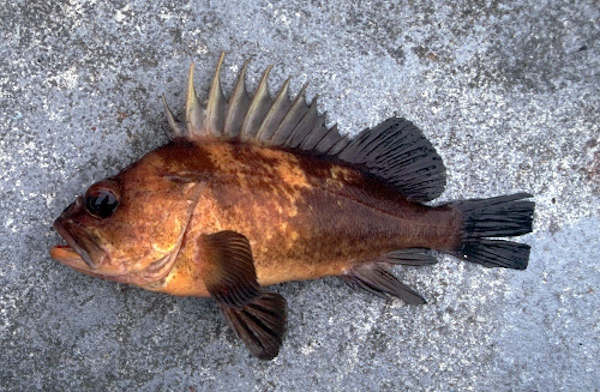
The California Department of Fish and Wildlife announced that as of 12:01 a.m. Monday, Aug. 21, the 50 fathom Rockfish Conservation Area, or RCA, boundary line for the Northern Groundfish Management Area, from the California/Oregon state line to Cape Mendocino, will take effect.
This will be the first “offshore only” fishery in the Northern Groundfish Management Area, or GMA.
In the Northern GMA, recreational boat-based groundfish fishing will only be allowed seaward (away from land) of the boundary line.
The 50-fathom RCA boundary line is defined by straight lines connecting a set of waypoints as adopted in federal regulations (50 CFR Part 660, Subpart G).
With the exception of sablefish and flatfish as described below, only shelf rockfish, slope rockfish and lingcod may be taken or possessed. It shall be unlawful to take or possess nearshore species (shallow and deeper nearshore rockfish, cabezon and greenlings) in the Northern GMA.
Fishing for and retention of sablefish and flatfish are not affected by this action and may be targeted, taken and possessed year-round in all depths.
However, no gear may be deployed shoreward of the 50-fathom RCA boundary line when shelf rockfish, slope rockfish or lingcod are possessed onboard the vessel.
Vessels may transit shoreward of the 50-fathom RCA boundary line with shelf rockfish, slope rockfish or lingcod in possession if no gear is deployed.
Additionally, vessels fishing in the adjacent Mendocino GMA and transiting back to the Northern GMA must adhere to the “offshore only” provisions effective in the Northern GMA and may not return with nearshore species aboard. Changes in retention allowances described here for boat-based modes do not apply to shore-based anglers or divers.
CDFW is carefully monitoring the harvest of quillback rockfish from both the recreational and commercial fisheries throughout the state.
The quillback rockfish harvest limit specified in federal regulation for 2023 has been exceeded in the Northern GMA, and additional in-season action authorized by Title 14, Section 27.20 (e) to adjust the fishing depth is necessary to prevent further overage.
CDFW took in-season action on Aug. 7 to prohibit retention of quillback rockfish, the first in what is likely to be a series of steps to reduce the total impacts to quillback rockfish.
CDFW anticipates that additional action(s) may be needed for this and other GMAs in the remainder of 2023 and in 2024, in response to the most recent quillback rockfish stock assessment indicating the population is in severe decline.
CDFW urges anglers to use best fishing practices to reduce impacts to quillback rockfish and other prohibited groundfish species. These include reducing mortality when releasing fish by utilizing a descending device and relocating to different fishing grounds or switching targets if quillback rockfish or other prohibited species are encountered.
CDFW recommends reviewing the Summary of Recreational Groundfish Fishing Regulations page before each trip to ensure anglers are up to date on the most recent groundfish regulations.
For information on groundfish visit CDFW’s Marine Region Groundfish page.
Pursuant to California Code of Regulations Title 14, section 27.20(e), when federal harvest limits are exceeded or projected to be exceeded, CDFW has authority to make in-season changes, including adjustments to bag and sub-bag limits, seasons and depths.


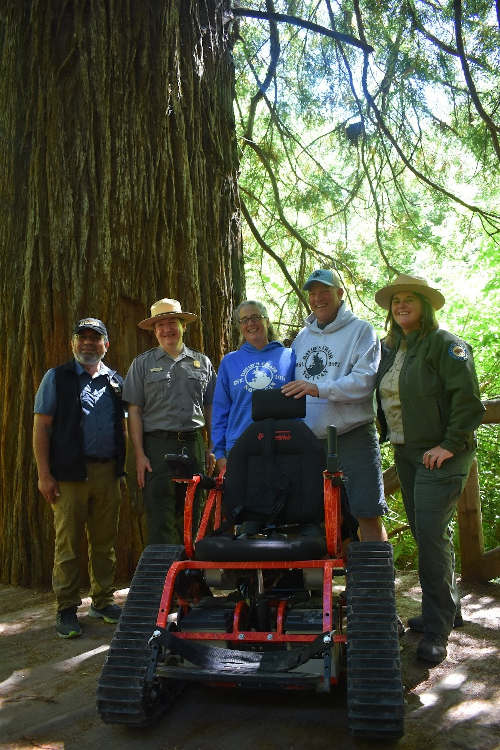
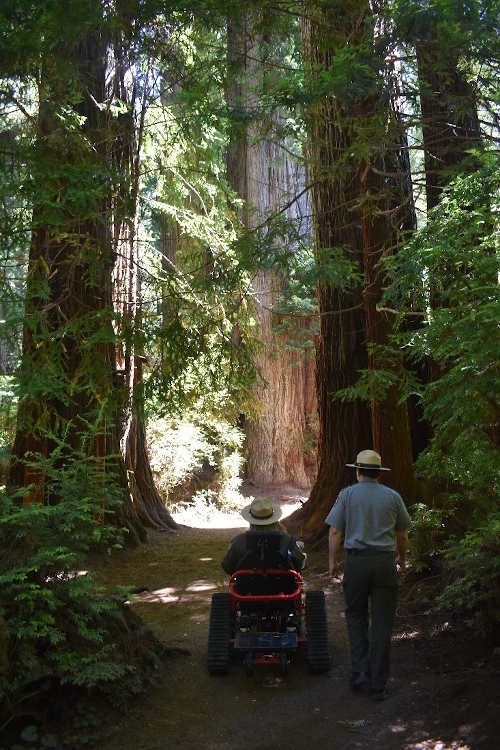
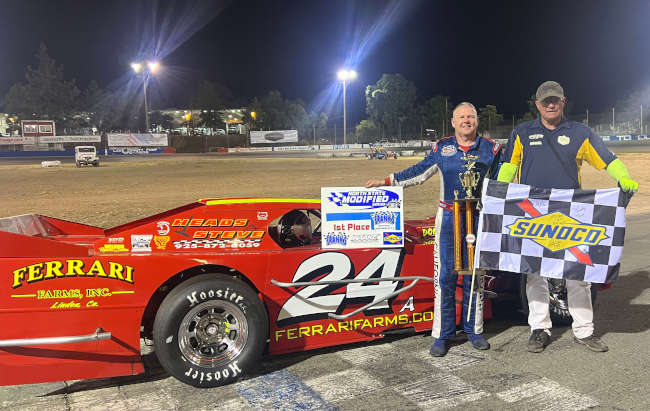




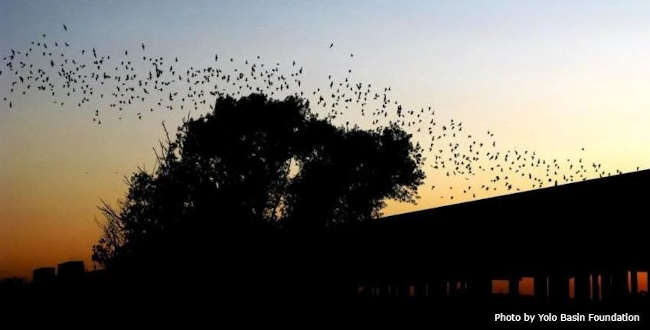
 How to resolve AdBlock issue?
How to resolve AdBlock issue? 




